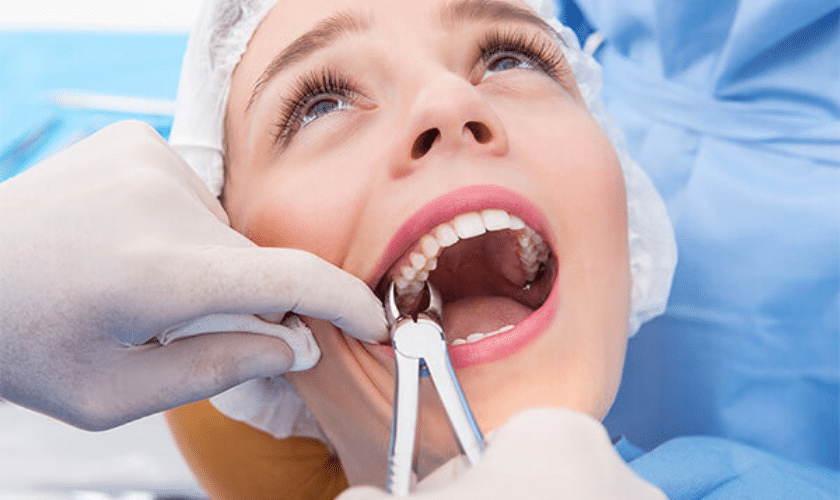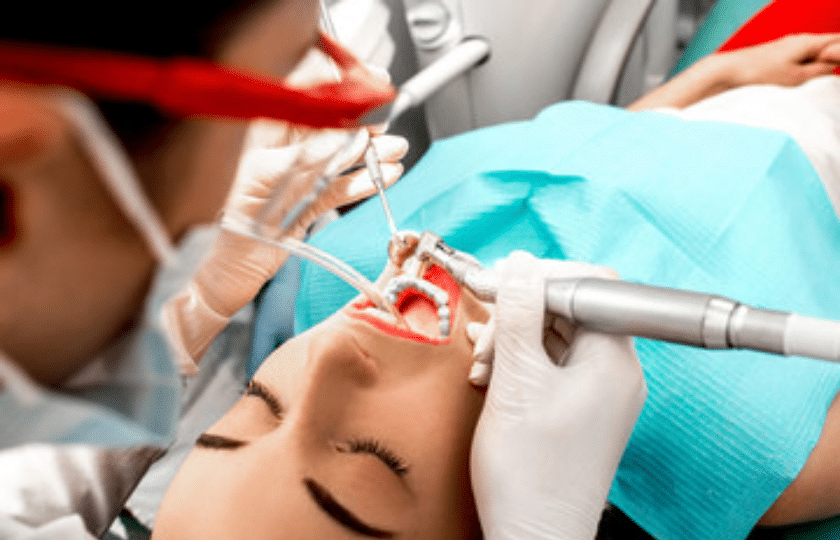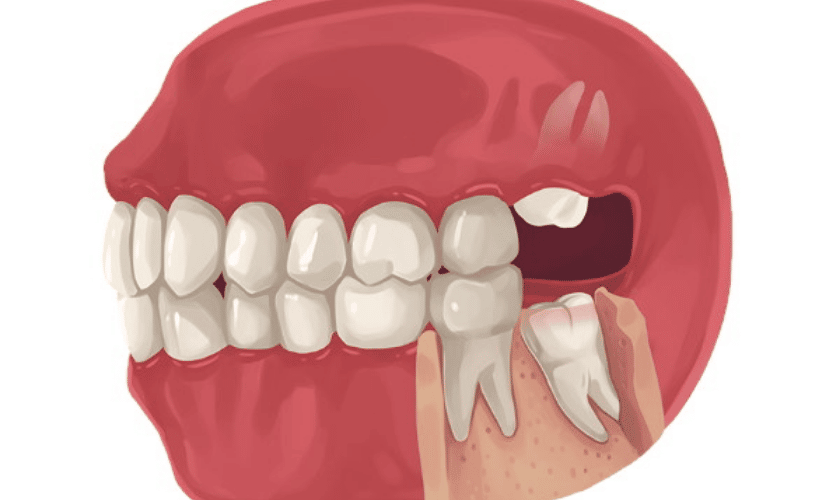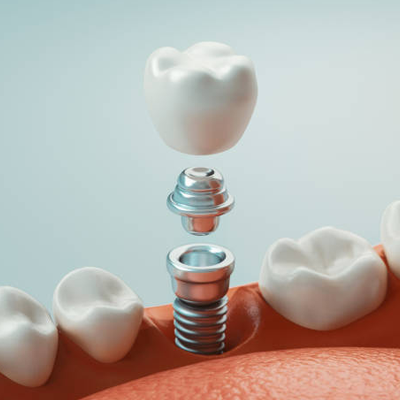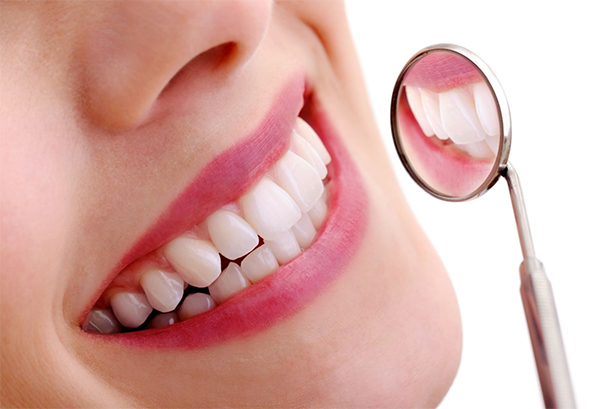
Is It Normal To Have Ear Pain After Tooth Extraction?
Tooth extractions are a common dental procedure, and while most people experience some discomfort afterward, it’s not unusual to have ear pain alongside the usual soreness. This can be surprising, but it’s often a normal part of the healing process. This blog will delve into the reasons behind ear pain After Tooth Extraction, how to manage it, and when to seek professional help from a dentist.
The Connection Between Your Ears and Teeth
Our head and face are intricate networks of nerves, muscles, and bones. The trigeminal nerve, for instance, is responsible for sensation in your teeth, jaw, and facial muscles. Interestingly, branches of this nerve also innervate parts of your ear canal. This interconnectedness explains why irritation or inflammation in your jawbone After Tooth Extraction can sometimes radiate pain to your ear.
Why Does My Ear Ache After a Tooth Extraction?
There are two main reasons why you might experience ear pain After Tooth Extraction:
- Inflammation: After a tooth is removed, the surrounding tissues become inflamed as your body heals. This inflammation can put pressure on the trigeminal nerve, causing referred pain in your ear. This is especially common after wisdom teeth extractions, as these teeth are located further back in the jaw and closer to the ear canal.
- Radiating Pain: Discomfort at the extraction site itself can sometimes radiate outwards, affecting nearby areas like the ear. This can be due to the extraction process itself or any stitches used to close the wound.
Additional Factors Contributing to Ear Pain
While inflammation and radiating pain are the primary culprits, other factors can influence ear pain After Tooth Extraction:
- Sinus Issues: The extraction site and your sinuses share some nerve connections. If you have pre-existing sinus congestion or infection, it can worsen after a tooth extraction, leading to ear discomfort.
- Tense Jaw Muscles: Chewing can become difficult After Tooth Extraction, leading to involuntary jaw clenching. This tension can put pressure on the trigeminal nerve and contribute to ear pain.
- Dry Socket: This is a painful condition that occurs when the blood clot protecting the extraction site dislodges prematurely. A dry socket can cause throbbing pain that radiates to the ear.
Easing Ear Pain After Tooth Extraction
Here are some tips to manage ear pain After Tooth Extraction:
- Pain Medication: Over-the-counter pain relievers like ibuprofen or acetaminophen can help reduce inflammation and discomfort, including ear pain.
- Cold Compress: Apply a cold compress wrapped in a thin cloth to the outside of your cheek near the extraction site. The cold helps reduce inflammation and numb the area.
- Warm Compress: Once the initial swelling subsides (usually after 24-48 hours), switch to a warm compress. This can improve circulation and promote healing.
- Rest: Your body needs time to heal After Tooth Extraction. Rest well and steer clear of physically demanding activities.
- Elevation: Prop your head up with pillows while sleeping. This reduces swelling and minimizes pressure on the extraction site and surrounding areas.
- Saltwater Rinse: Make a warm saltwater solution by mixing half a teaspoon of table salt in a glass of warm water. Gently swish this solution in your mouth for 30 seconds and spit. Repeat several times a day. Rest well and steer clear of physically demanding activities.
When to Call Your Dentist
While ear pain After Tooth Extraction is often normal and temporary, there are situations where you should consult your dentist:
- Severe or Increasing Pain: If the ear pain is severe, worsens over time, or doesn’t respond to pain medication, contact your dentist.
- Fever: A fever along with ear pain could indicate an infection.
- Prolonged Bleeding: If you experience persistent bleeding from the extraction site, call your dentist.
- Pus Discharge: Pus coming from the extraction site is a sign of infection and requires immediate dental attention.
- Difficulty Swallowing or Breathing: Seek immediate medical attention if you have difficulty swallowing or breathing.
Tips for a Smooth Recovery After Tooth Extraction
Following your dentist’s post-operative instructions is crucial for a smooth recovery and minimizing complications like ear pain. Here are some general tips:
- Maintain good oral hygiene: Gently brush and floss your teeth as instructed by your dentist, avoiding the extraction site. This helps prevent infection which can worsen ear pain.
- Soft Diet: Stick to soft foods for the first few days After Tooth Extraction to avoid dislodging the blood clot and causing a dry socket.
- Avoid Smoking and Alcohol: Smoking and alcohol can slow healing and increase the risk of infection. Avoid these substances for at least a few days After Tooth Extraction.
Peace of Mind After Tooth Extraction: Partnering with Your Dentist in McKinney
Ear pain After Tooth Extraction can be unsettling, but understanding the causes and having a plan for managing it can ease your anxiety. Remember, most ear pain after this procedure is temporary and resolves on its own within a few days. However, don’t hesitate to reach out to your dentist if you experience any concerning symptoms.
The Importance of Regular Dental Checkups
Regular dental checkups are vital for maintaining good oral health and preventing potential problems that might necessitate tooth extraction. A McKinney dentist can identify and address any dental issues early on, minimizing the need for extractions and their associated complications like ear pain.
During your checkup, your dentist will examine your teeth and gums, looking for signs of decay, gum disease, or other problems. They can also take X-rays to assess the health of your jawbone and roots. Early detection and treatment can often save teeth that might otherwise require extraction.
Finding the Right Dentist for You
Choosing a dentist who makes you feel comfortable and confident is essential. Look for a dentist with experience in tooth extractions and who prioritizes patient communication. A dentist who explains the procedure thoroughly and addresses any concerns you have will put you more at ease throughout the process.


